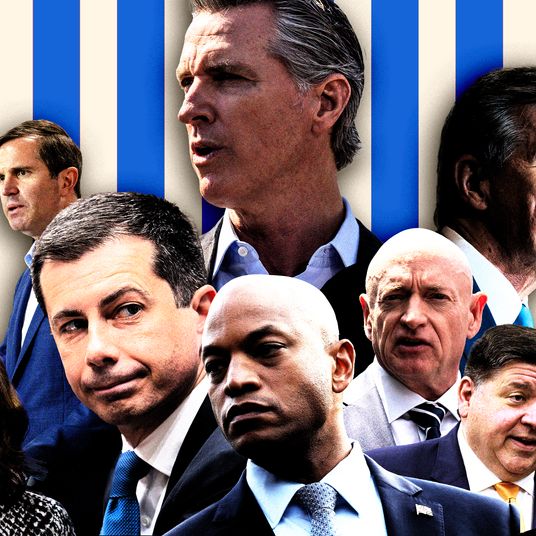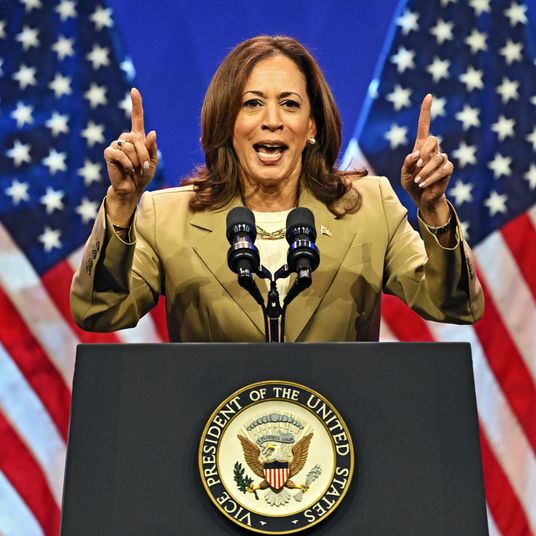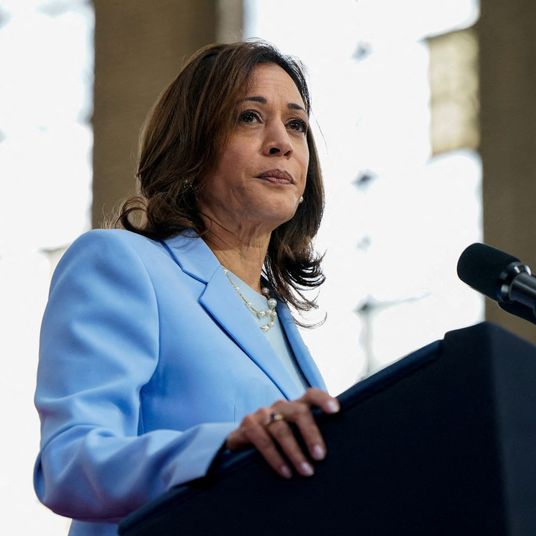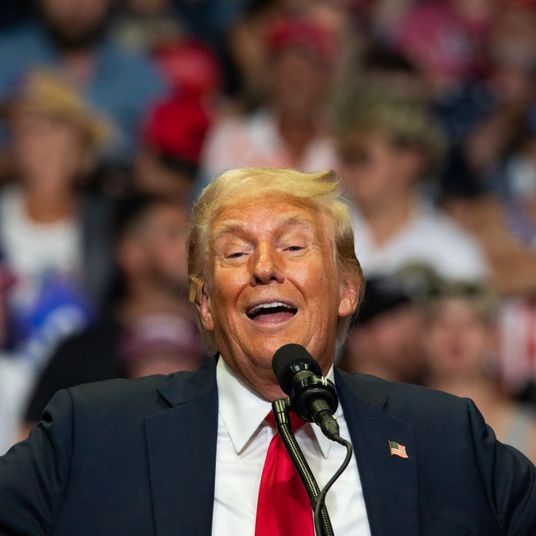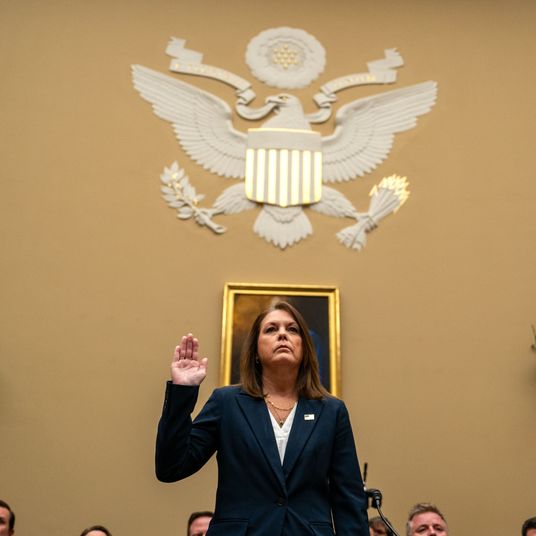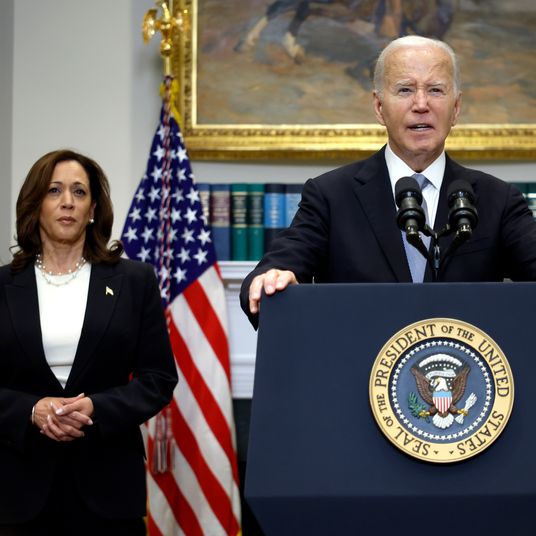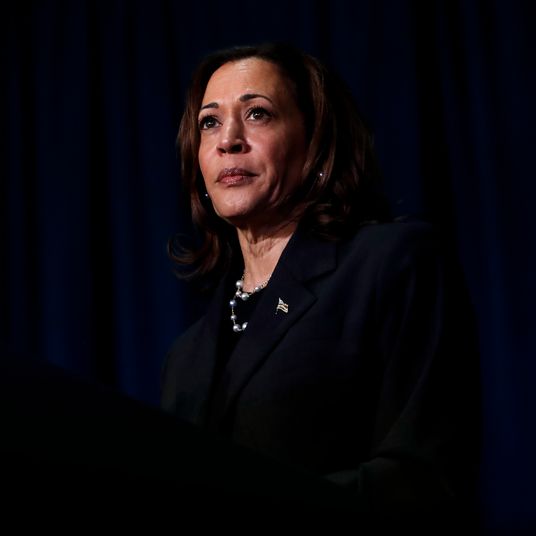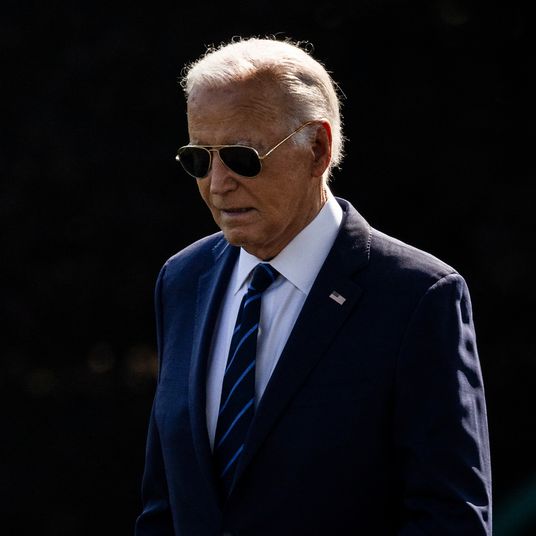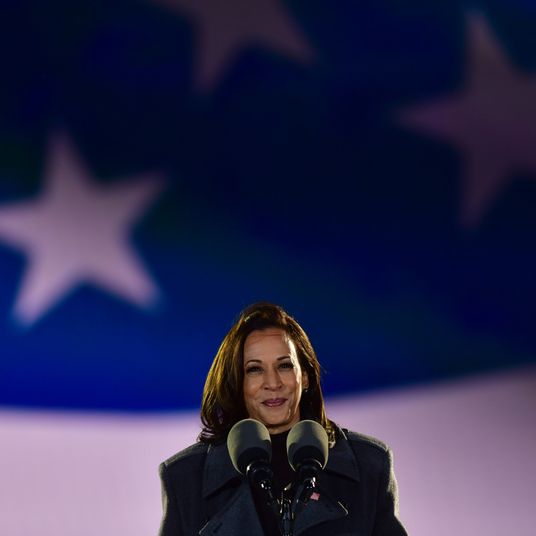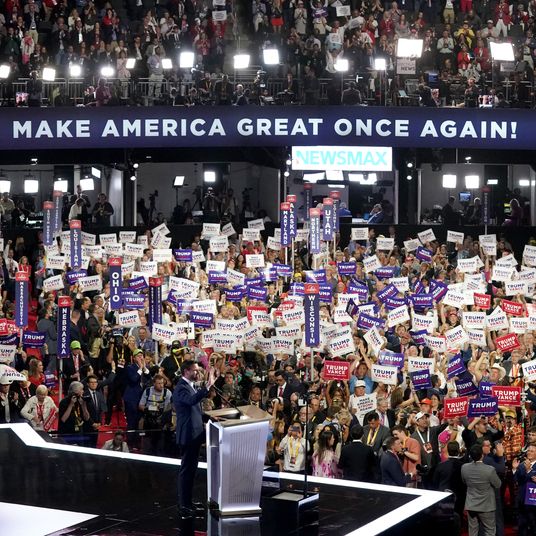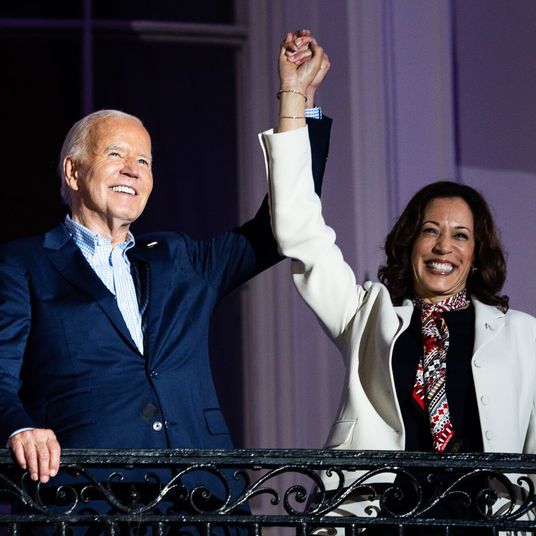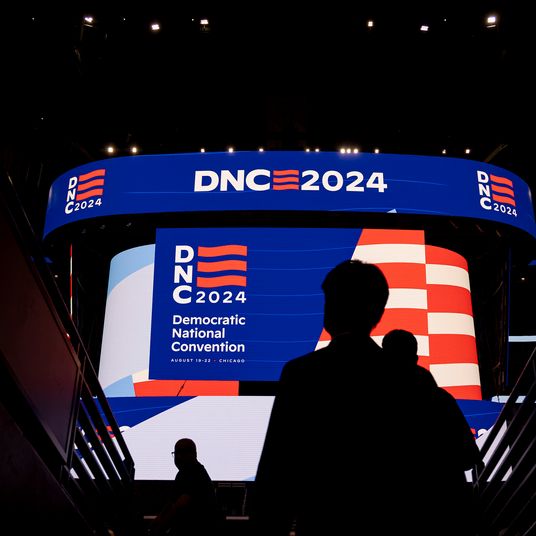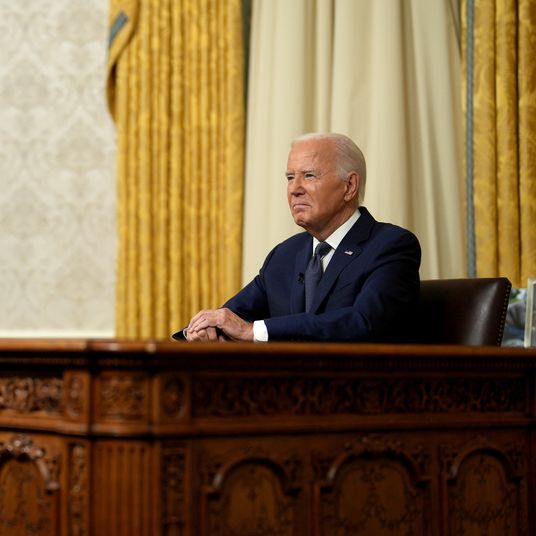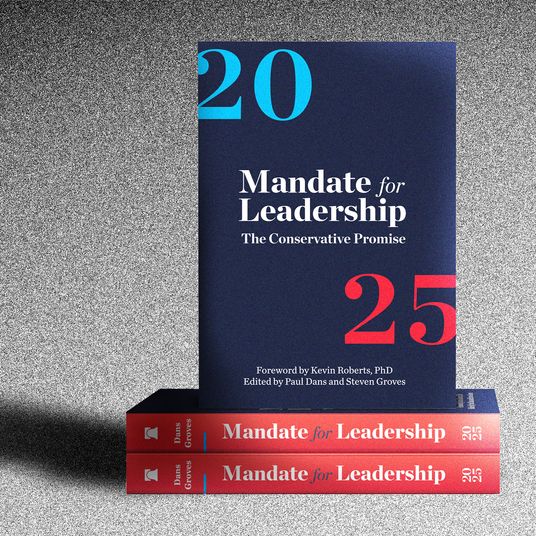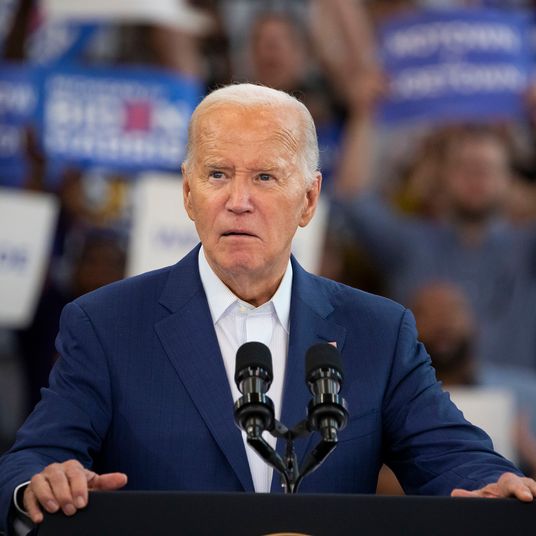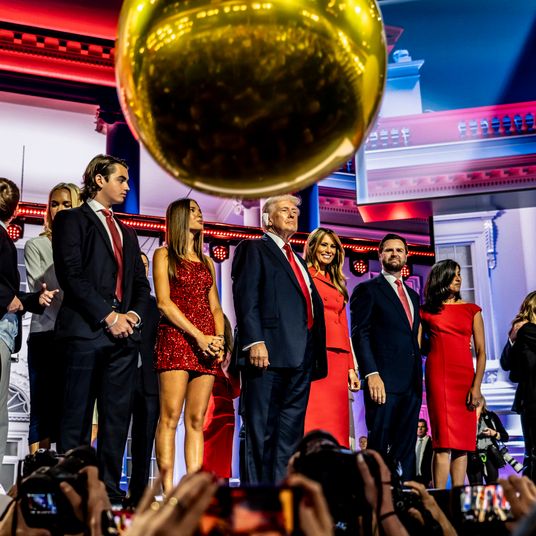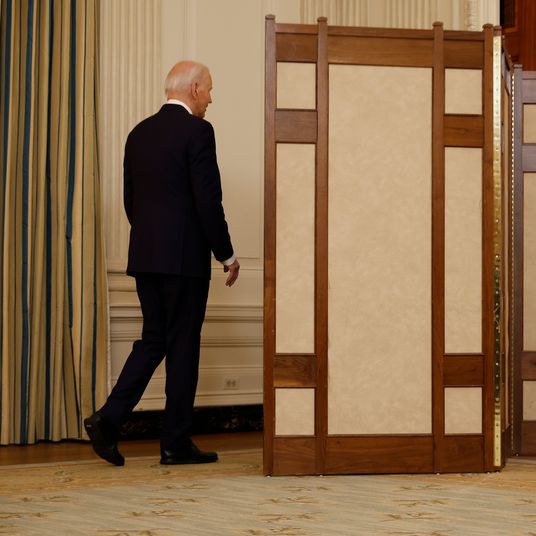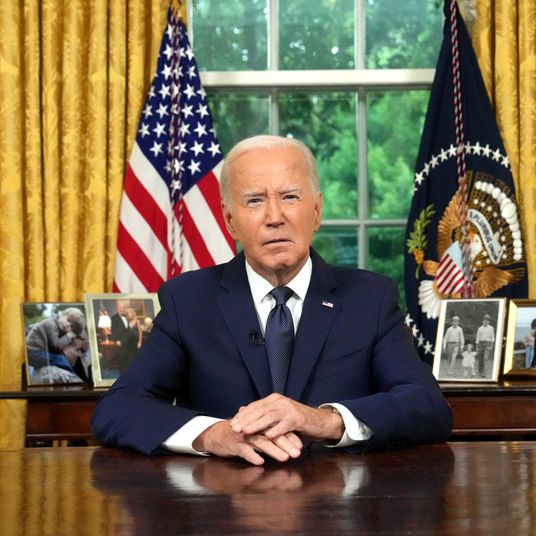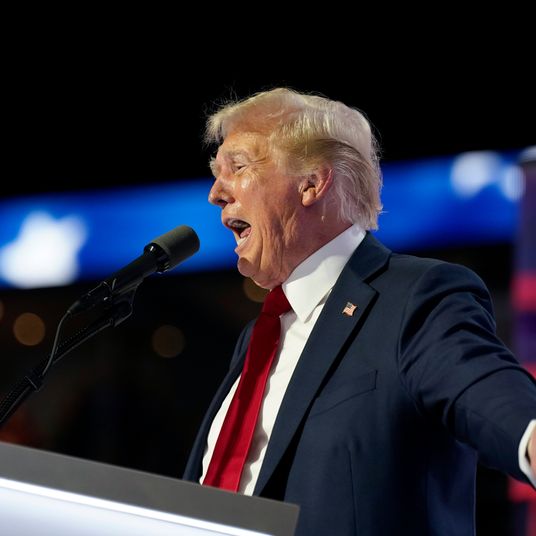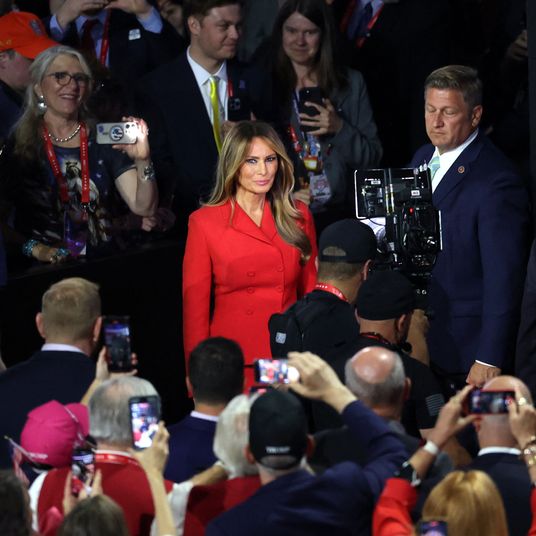
This week, President Joe Biden’s first visit to the Middle East as head of state will take him to Israel, the West Bank, and Saudi Arabia, but casual news consumers could be forgiven for not having heard about his first two stops. Such has been the controversy over Biden’s stop in Saudi Arabia, which is easily caricatured as an act of groveling. Whether or not one buys the justifications, global economics and politics have conspired to send Biden to meet with the Saudis whether he wants to or not. And from a moral standpoint, he probably doesn’t.
After all, it was presidential candidate Joe Biden who said during a 2019 Democratic debate that he believed Saudi crown prince and de facto ruler Mohammed bin Salman had ordered the murder and dismemberment of the U.S.-based Saudi journalist Jamal Khashoggi, that the present government of that country had “very little social redeeming value,” and that he would stop selling weapons to Saudi Arabia and “make them, in fact, the pariah that they are.” Early on in his tenure as president, Biden announced an end to “offensive” arms sales and other support for the Saudi military intervention in Yemen, then released the intelligence report concluding that Prince Mohammed had ordered Khashoggi’s killing. Around the same time, the president also snubbed the crown prince and effectively downgraded U.S.-Saudi relations.
That’s a lot to walk back. And it’s no surprise that Biden’s critics within his own party are dismayed to see him grace the Saudis with his presence. Those who had hoped for a total reset in U.S.-Saudi relations under the Biden administration have also been disappointed by the fact that we continue to sell weapons (just not “offensive” ones — and that ban may soon be lifted as well) to Riyadh. The trip has created an unmistakable perception that Biden’s lofty rhetoric about standing up to Saudi Arabia has suddenly crumbled in the face of high oil prices and multiple geopolitical crises.
Sensitive to this criticism, the Biden administration has taken pains to underline that Biden is traveling to the port city of Jidda to attend a meeting of the Gulf Cooperation Council (GCC) and discuss regional issues with various heads of state, not just the Saudis. Yes, he is meeting with King Salman and his advisers (including Prince Mohammed, who pulls the strings), but this is not the main purpose of the visit. “It’s in Saudi Arabia. It’s not about Saudi Arabia. It’s in Saudi Arabia,” Biden said of the summit when asked about it in June.
The administration is spinning the trip as an effort to shore up the anti-Iran coalition in the Middle East and focus on the warming relations between Israel and the Arab states. A major breakthrough on that front, such as establishing formal diplomatic ties between Israel and Saudi Arabia, is unlikely on this trip, but some smaller moves toward normalization may be in the offing. In a Washington Post op-ed outlining his reasons for going to Jidda, Biden also touts the progress he has made in isolating Iran diplomatically and working to end the catastrophic war in Yemen, where a U.N.-brokered truce has held since April. He couches this visit in the context of those goals, saying he will discuss these and other regional security issues with Middle Eastern leaders.
The White House is also pushing back on the obvious perception that this visit is all about oil. Biden said last month that he would not directly ask the Saudis to increase production but suggested he had indicated to the GCC countries that he “thought they should be increasing oil production generically” and hoped that “we see them in their own interests concluding that makes sense to do.” On Sunday, he stressed to reporters that the trip had to do with “much larger issues” of national and global security, not energy prices. His op-ed barely mentions oil at all. That hasn’t prevented critics from framing the trip as a sort of begging expedition, with Biden approaching the Saudis “hat in hand” to ask them to help bring down oil prices.
The administration has been scrambling to do whatever it can to help lower fuel costs — or, at the very least, to look like it’s helping. Saudi Arabia, of course, is the world’s second-largest producer of oil and its most important “swing producer” — i.e., it has lots of spare capacity and the ability to scale production up or down to an extent that can influence the global market. Global oil prices spiked to over $120 a barrel in early June, and while they have declined from that peak, they remain historically high. In theory, getting Saudi Arabia (and the United Arab Emirates, another key swing producer) to release oil reserves and ramp up production could ease some of that pressure and help calm markets.
The president has been in Washington long enough to know that when you shake hands with the Saudis, it’s very hard to wash off the smell of petroleum. The administration can claim that oil prices aren’t the main focus of the visit — and that may be entirely true, from the American perspective — but they are still a significant source of geopolitical leverage for the Saudis. When Prince Mohammed gets his face time with Biden later this week, he will be looking to extract some concessions, such as assurances of support in Yemen and against Iran, closing the book on the Khashoggi murder, and acknowledgment of the prince’s social reforms. The Saudis are already speaking from a position of power, indicating that they won’t make any human-rights concessions or abandon an oil-production alliance with Russia. What else can the prince offer Biden in exchange for what he wants? He can agree to pump more oil.
It’s also a bit silly to try and rhetorically decouple geopolitical, strategic, and security issues from energy prices considering how deeply intertwined these factors are. Global energy markets are a main battlefield in Russia’s war against Ukraine as well as the resurfacing Cold War vibe between Moscow and NATO. Russian oil and gas exports are keeping the country’s economy afloat in the face of harsh international sanctions and mounting war costs as well as constricting the diplomatic options of European countries dependent on Russian energy exports.
Europe aims to ban imports of Russian oil at the end of this year, but removing such a huge chunk of supply from the global market could drive prices even higher. U.S. officials are now considering a novel strategy in the oil-price war: getting buyers around the world to agree to a price cap on Russian oil. In this context, getting Saudi Arabia and other Persian Gulf oil producers (minus Iran) to increase production could give Biden more wiggle room to cut off sources of funding to Moscow’s war machine without continuing to raise costs for U.S. consumers.
But some analysts doubt that Saudi Arabia and the UAE actually have that much power to bring down global prices on their own. If they turned on all their spare capacity, that would just make up for the oil set to disappear from the market due to sanctions on Russia. In any case, the supply of crude oil isn’t the only factor in higher gas prices, which may remain high no matter what until demand decreases. Another argument is that Biden could have a more immediate impact on oil prices by easing sanctions on Iran and Venezuela, but such a move would be politically untenable. Even if the impact on supply is ultimately not that great, coming back from Jidda with a commitment from major oil producers to increase production would be a political win, which Biden could use right now.
The sad fact is that Biden was never going to be able to make good on his pledge to get tough with the Saudis. Biden’s pledge to put human rights at the center of foreign policy was always in tension with his other slogan of a “foreign policy for the middle class.” Can a president remain committed to defending human rights abroad if doing so raises consumer costs for the average American voter? What if defending human rights in Ukraine means ignoring them in Saudi Arabia, and what if the middle class doesn’t care about any of this because gas is $5 a gallon? Perhaps it was a blunder to make this idealistic commitment in the first place. Grounding policy in values matters, but sooner or later, as president, one has to do business with governments that contradict those values.
It was only a matter of time before all this reality set in. Biden did not create the world’s dependence on Saudi Arabia’s oil nor could he alone possibly undo it. He is operating in a world in which bin Salman — a brutal dictator who mixes social liberalization with ultra-Orwellian political repression — has an undue amount of influence over the globe’s supply of an essential commodity. The prince, who may rule Saudi Arabia for the next half-century, was bolstered in his rise to power by the solicitous and corrupt relationship he enjoyed with the Trump administration. Biden can’t undo that damage, either. Generations of American and European leaders failed to heed repeated warnings that remaining heavily reliant on fossil fuels would have catastrophic consequences — environmental, economic, social, political, and so on — down the line. Biden is just the latest president to pay the piper.





